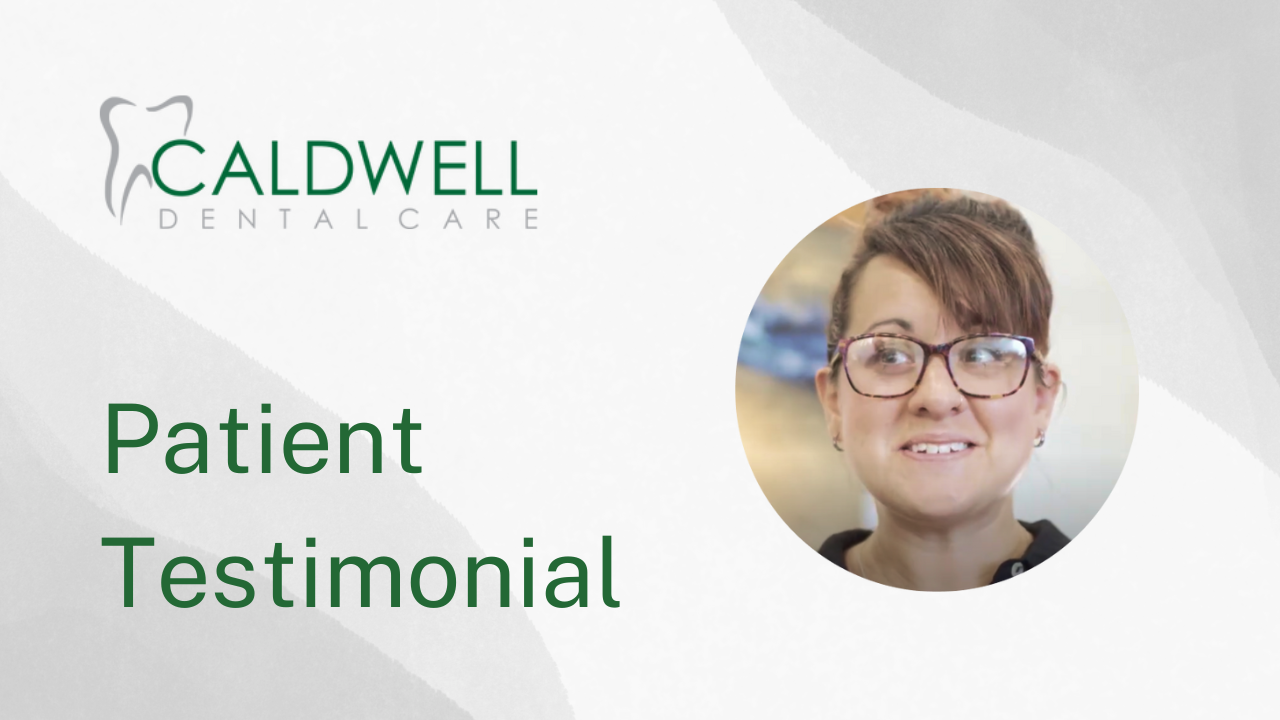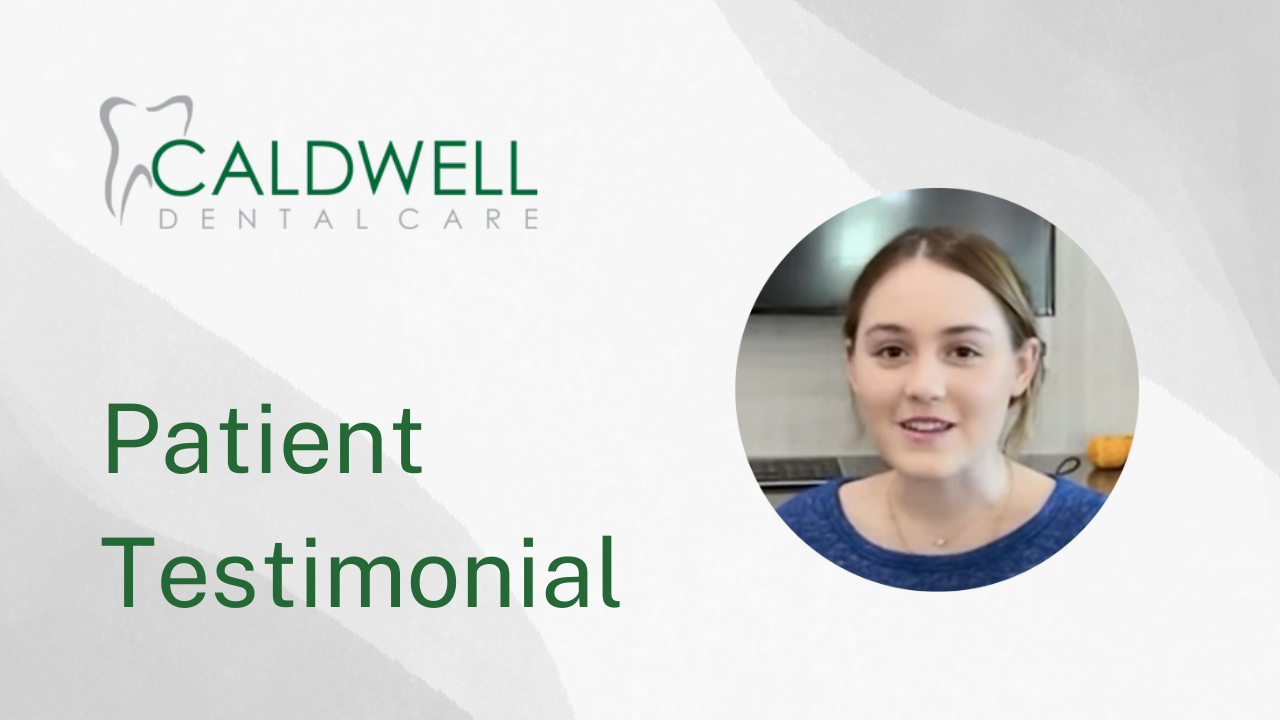
Understanding Oral Cancer Indicators and Risks
Oral cancer arises from atypical cell proliferation in the mouth, lips, tongue, or throat. Early identification is crucial as it significantly improves the likelihood of successful treatment. Although individuals over 45 are at higher risk, everyone should consider regular oral cancer screenings, especially if they notice symptoms such as:
- Unusual patches inside the mouth or on the lips, usually white or dark red.
- The emergence of lumps, or changes in the mouth’s texture.
- Persistent sores, numb areas, or continuous bleeding.
- Changes in the tongue’s sensation, altered taste, or difficulty with swallowing.
Factors increasing oral cancer risk
Certain behaviors and conditions heighten oral cancer risk, notably:
- Use of tobacco products, including smoking cigarettes, cigars, or using chewing tobacco.
- Regular, especially heavy, alcohol consumption, which is riskier when combined with tobacco use.
- Potential infection with the human papillomavirus (HPV) in the oral region.
- Excessive sun exposure as part of one’s lifestyle.
- Substandard nutrition or eating habits.
- Genetic predisposition if there’s a family history of oral cancer.
- Men are statistically more prone to oral cancer than women.
- Having leukoplakia, characterized by thick white patches inside the mouth.
Strategies for Oral Cancer Prevention, Early Detection, and Treatment
Treatment for oral cancer is personalized based on the cancer’s stage, type, and location.
Catching early signs
Early detection is key, and oral cancer screenings aim to identify cancer or pre-cancerous conditions. In an oral exam, your dentist will search for red or white patches or sores inside the mouth and under the tongue, feel the mouth’s tissues for abnormalities, and examine the neck and throat for lumps.
Diagnosis and treatment
If the initial screening raises concerns, further diagnostic procedures like biopsies or imaging tests (X-rays, ultrasounds, CT scans, or MRI) may be recommended. Treatment options for confirmed tumors include surgery, chemotherapy, or radiation therapy.
Prevention
Preventing oral cancer involves several proactive steps:
- Regular dental check-ups for professional screenings.
- Abstaining from tobacco products and limiting alcohol consumption.
- Protecting lips from the sun with U/V protective balms.
- Maintaining a healthy diet rich in fruits and vegetables.
- Self-examination during routine oral hygiene to spot any changes early on, reporting any irregularities to your dentist immediately.
Contact us today
to schedule an initial consultation & exam.
Your consultation will include an examination of everything from your teeth, gums and soft tissues to the shape and condition of your bite. Generally, we want to see how your whole mouth looks and functions. Before we plan your treatment we want to know everything about the health and aesthetic of your smile, and, most importantly, what you want to achieve so we can help you get there.
Frequently Asked Questions
Should you be concerned about oral cancer risks, it is advisable to request an oral cancer screening during your routine dental visit. If you notice patches in your mouth that are unusually colored or textured, or if you encounter any lumps or unusual sores, it’s important to book an appointment for an examination.
Typically painless and flat, these small patches can manifest in various colors such as red, white, gray, or yellow, often surrounded by red borders. They can occur anywhere within the mouth, affecting the lips, gums, cheeks, tongue, or the roof of the mouth. As a general guideline, it’s wise to get any abnormal-looking or -feeling spots examined by your doctor or dentist.
During your visit, your dentist will thoroughly inspect your lips and the interior of your mouth, including the cheeks, gums, and all areas of your tongue. They will also palpate these areas to detect any irregular lumps or textures. Additionally, your dentist will examine your face, jaw, throat, and neck for any abnormal lumps or areas of sensitivity.
Begin by washing your hands with warm, soapy water. Stand in front of your bathroom mirror to conduct a self-examination of your oral cavity. Check the roof of your mouth, lips, tongue, and gums. Lift your upper lip and lower your bottom lip to view the areas behind them. You can use gauze or a cotton pad for a better grip to examine your tongue, including the sides and bottom. Make sure to inspect your gums and feel the interior surfaces of your mouth with your fingers. Look for any changes in color, the presence of lumps, unusual textures, or areas of soreness. If you come across any sores that haven’t healed within two weeks, inform your dentist.
Oral cancer screening is a quick and painless procedure where a healthcare professional examines your mouth for abnormal areas. It may involve a follow-up biopsy if needed, which could be uncomfortable, but the initial screening should not cause any pain.
Oral cancer screening is crucial for early detection of precancerous conditions and cancer, which can lead to more effective treatment and a higher chance of successful outcomes. It allows for the identification of abnormal tissue changes or growths that may not yet present symptoms. Catching oral cancer in its initial stages can significantly reduce the complexity of treatment and improve the survival rate.








